Drinking wine can be more than just quenching thirst or complementing a meal. It’s a sensory experience that may be worth discovering.
Its complexity has fascinated people for many centuries. You’ve come to the right place if you’re also wondering how to learn about wine. We’ve gathered ways to get valuable information about this exciting drink.
Taste and Experience
Tasting and experiencing wine firsthand will be the foundation for learning. Every wine you taste will expose your palate and widen your horizons. The key is to taste as many varietals as possible to have points of comparison.
Be open to trying a wide variety of wines
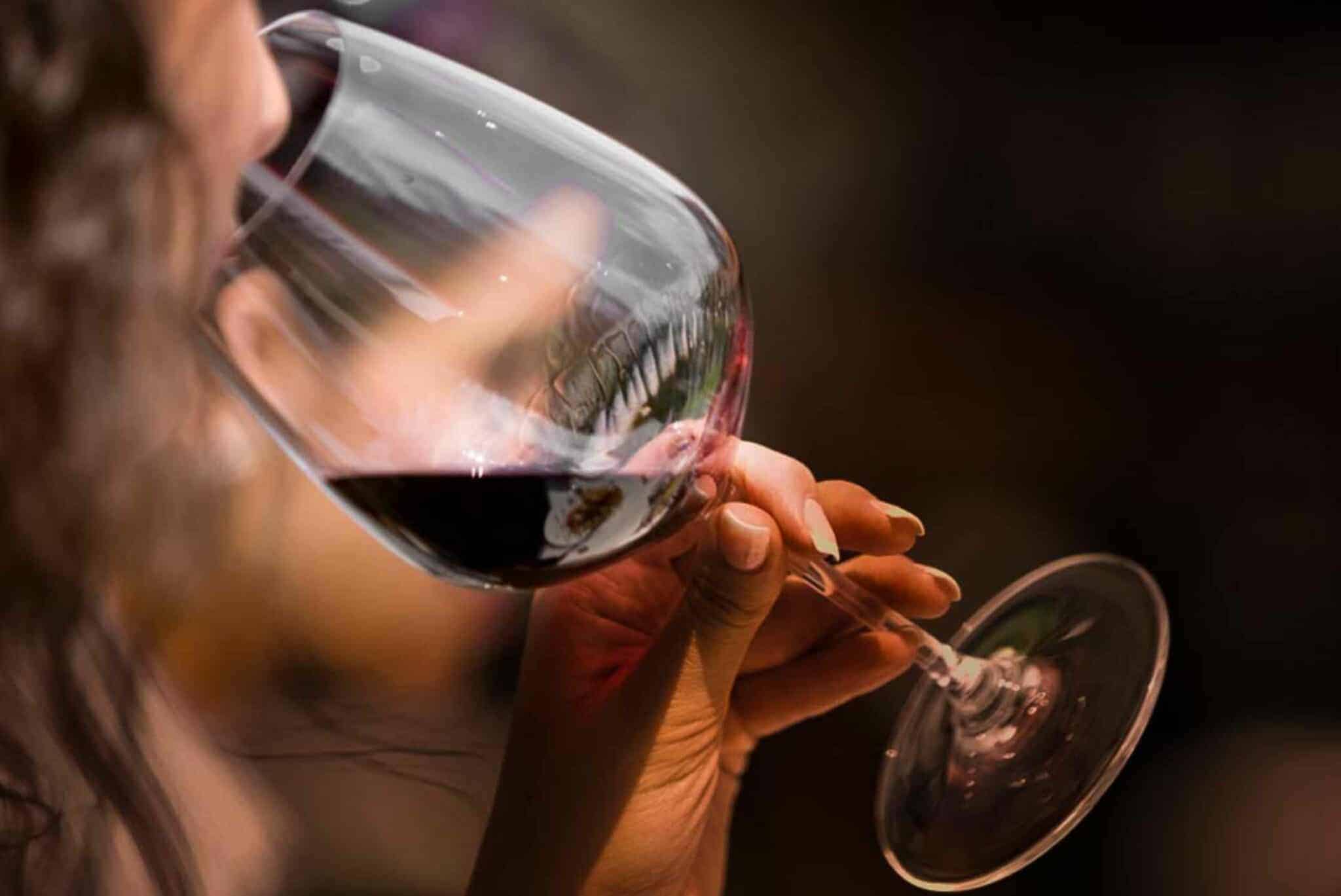
Try not to base wine choices solely on how expensive they are. While a costly wine reflects its quality, it may not always agree with your palate. It would be best to embrace a wide array of price points and take note of their qualities.
It’s best to remember the following factors when choosing which wine to taste.
- Grape varietal: It helps to know the varietal or grape used to produce a particular wine. It will help you better understand the wine’s characteristics.
- Region and climate: Identifying the wine’s region is essential since the environment significantly contributes to the quality. Countries with a warm climate tend to produce sweeter wines than colder regions.
- Producer: Knowing who made the wine can reveal its quality. Wine labels that have no producer listed mean they were mass-produced. It can translate to lower-quality wine.
Be more mindful when you drink
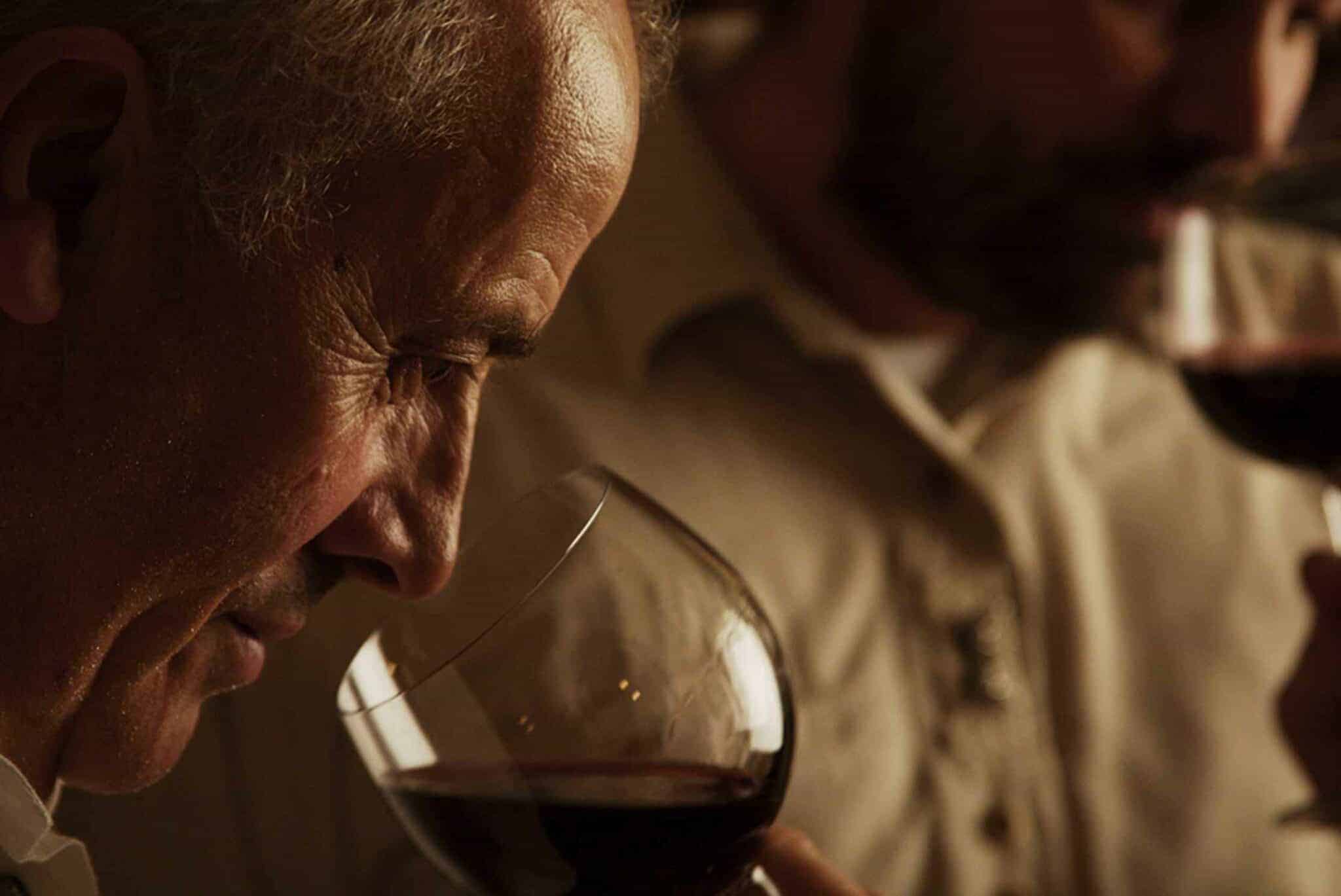
When you want to learn about wine, you must be more mindful when drinking it. You’re not drinking for the sake of drinking anymore. You are savoring every sip to explore every texture, taste, and aroma. When the opportunity to drink wine presents itself, treat it as a moment of discovery.
Master the wine tasting process
Aim to observe every aspect every time you drink wine. Master the following steps in the wine tasting process to help you learn more about this fantastic drink.
- Look – Hold the wine glass against neutral lighting to visually inspect the wine.
- Smell – Breathe through your nose to pinpoint the aromas.
- Taste – Observe the flavor profile’s sweetness, sourness, and bitterness.
- Think – Create the wine’s profile in your mind and save it in your long-term memory.
This informative video shows how you can taste wine properly.
Read Books and Research Online
If you’re serious about learning about wine, it’s best to hit the books. Reading about wine provides contextual knowledge about the wine’s origin and region. Knowing the reason behind every element makes you understand the flavor profile better. Most of the wines have fascinating histories which can enhance your learning journey.
Wine experts recommend the following books that can help you learn more about wine:
- The Wine Bible
- The World Atlas of Wine
- Cork Dork
- Wine Folly
- The 24-Hour Wine Expert
- Hello, Wine
Supplementing your wine tasting and tours with books is a surefire way to learn quickly. It’s like having an instant guide for when you have questions or clarifications. You can check out these titles in the library or buy a copy.
Listen to podcasts or read blogs
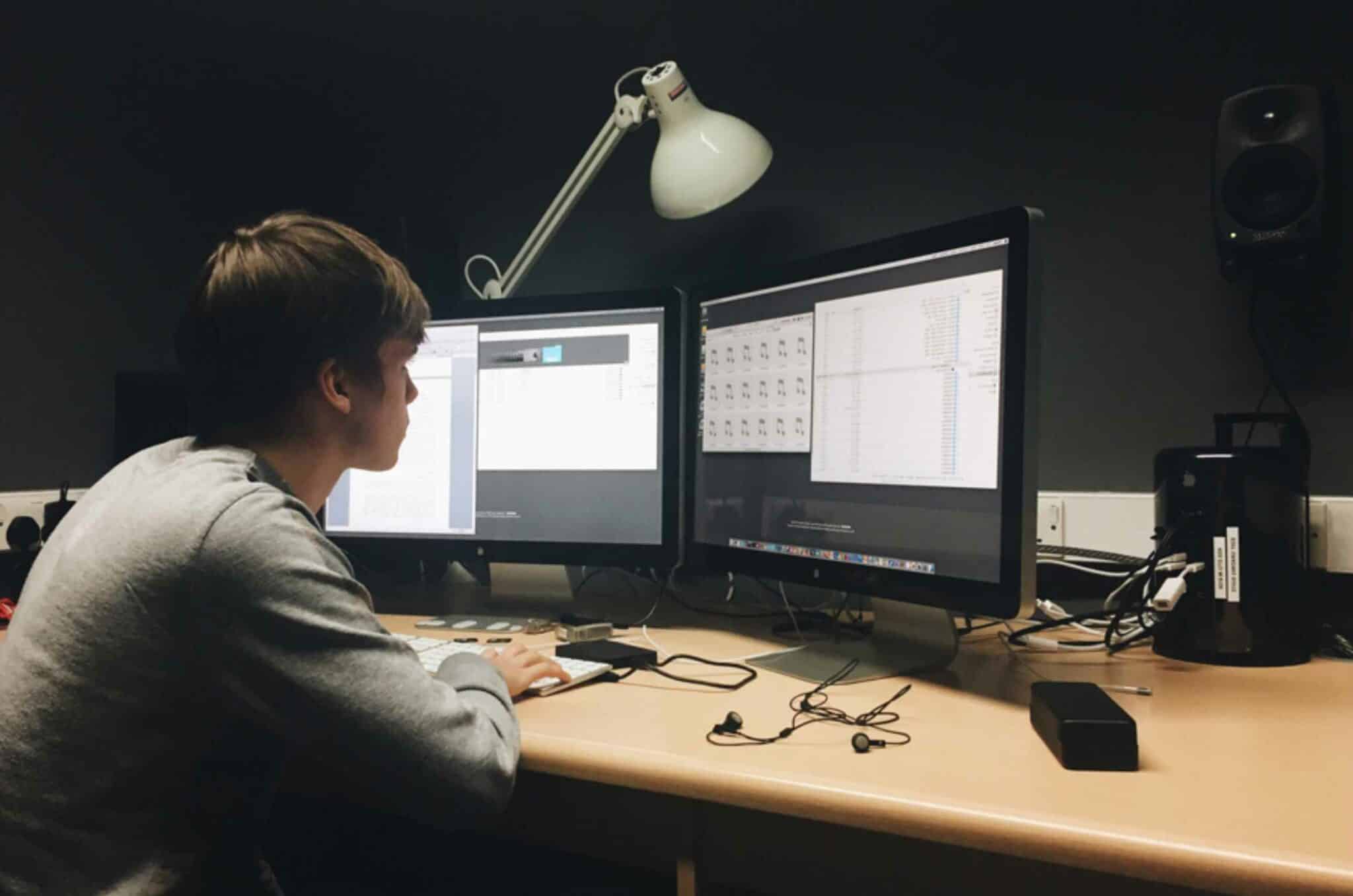
The internet is an excellent source of everything about wines. There are several reliable podcasts, blogs, and YouTube videos that narrate firsthand experiences about wine. Hearing and reading about other people’s journeys makes your learning more relatable. You can also follow top sommeliers on Instagram for added information.
The local tourism board websites are also excellent sources of wine knowledge. They can provide updated data on wineries, regions, and new varietals.
Study regularly

Schedule a regular study session to keep your momentum going. It’s an excellent chance to study something that sparks your passion. It would help if you took notes and compiled them in a notebook.
You may even start your blog to document your wine-tasting experience. Putting your thoughts into writing enhances knowledge. You might also be helping a fellow wine student by sharing your ideas.
You may also list any questions that may arise while reading. You can ask them when you attend wine events.
Join a community
It will help if you join online wine communities. You can get insights from people worldwide and revel in their experiences. You can check out Facebook groups or Reddit forums so you can connect with wine enthusiasts like yourself.
Travel to the Wine Source
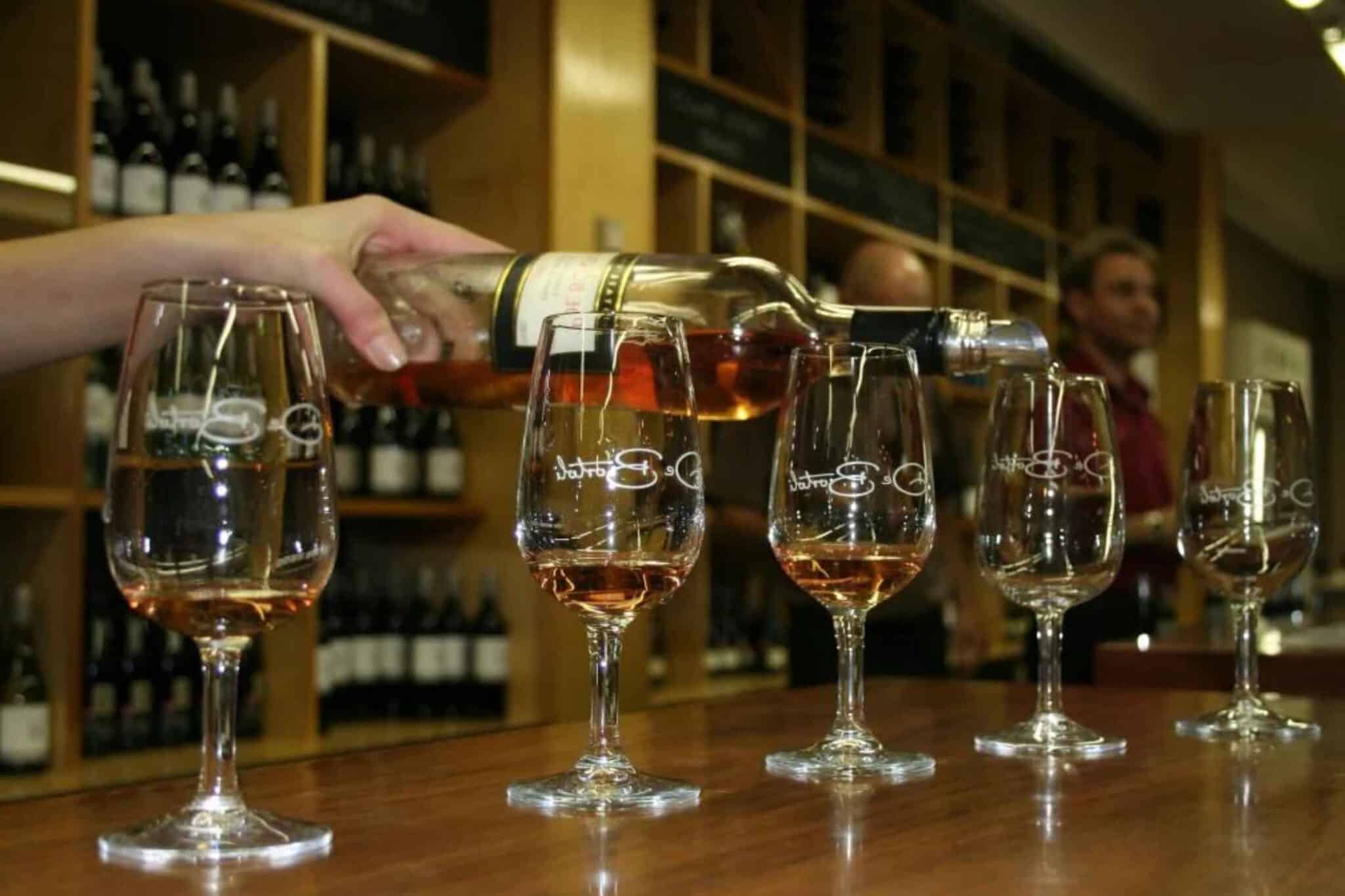
A pleasant way to learn about wine is to visit vineyards, wineries, and wine-tasting venues. These places will allow you to socialize with like-minded people and talk with wine experts. Going to the source will make you appreciate the intricate wine-making process. Additionally, learning is more accessible when you’re having fun.
Visit vineyards and wineries
Traveling to a wine region can boost your knowledge about wines. These regions have a string of wineries and vineyards that you can visit. Places like California, New York, Ohio, and Virginia belong to the best wine regions in the US.
Vineyard tour guides can share every grape’s origin, cultivation, and characteristics. This information can help you understand the flavor profile of the wines.
On the other hand, wineries offer wine tasting sessions led by experts. They can support you through the entire process. You can ask questions, listen to interesting anecdotes, and get tips from knowledgeable people.
If you’re fortunate, you can talk with the winemakers themselves. It’s a once-in-a-lifetime experience that can change your perspective on this fascinating beverage.
The best part of the trip is the overall sensory encounter. Wineries and vineyards have an endearing charm to them. You’ll process and retain the information better when you link your learning journey with a beautiful experience. You can share your adventure with loved ones, making it a memorable and educational trip.
Attend a blind tasting event
You can sign up for a blind-tasting event when you’re feeling adventurous. It will encourage you to appraise a specific wine without bias. You can also learn the tasting jargon associated with the drink. You’ll broaden your palate and appreciation when you assess the balance, tannin, and fruitiness without prior judgment.
It’s a good idea to ask servers for a blind pour when you’re in a restaurant or bar. Make it a point to drink one variety every month to expand your knowledge. You can also host a blind tasting at home to share the experience with other wine enthusiasts.
Enroll in a Class
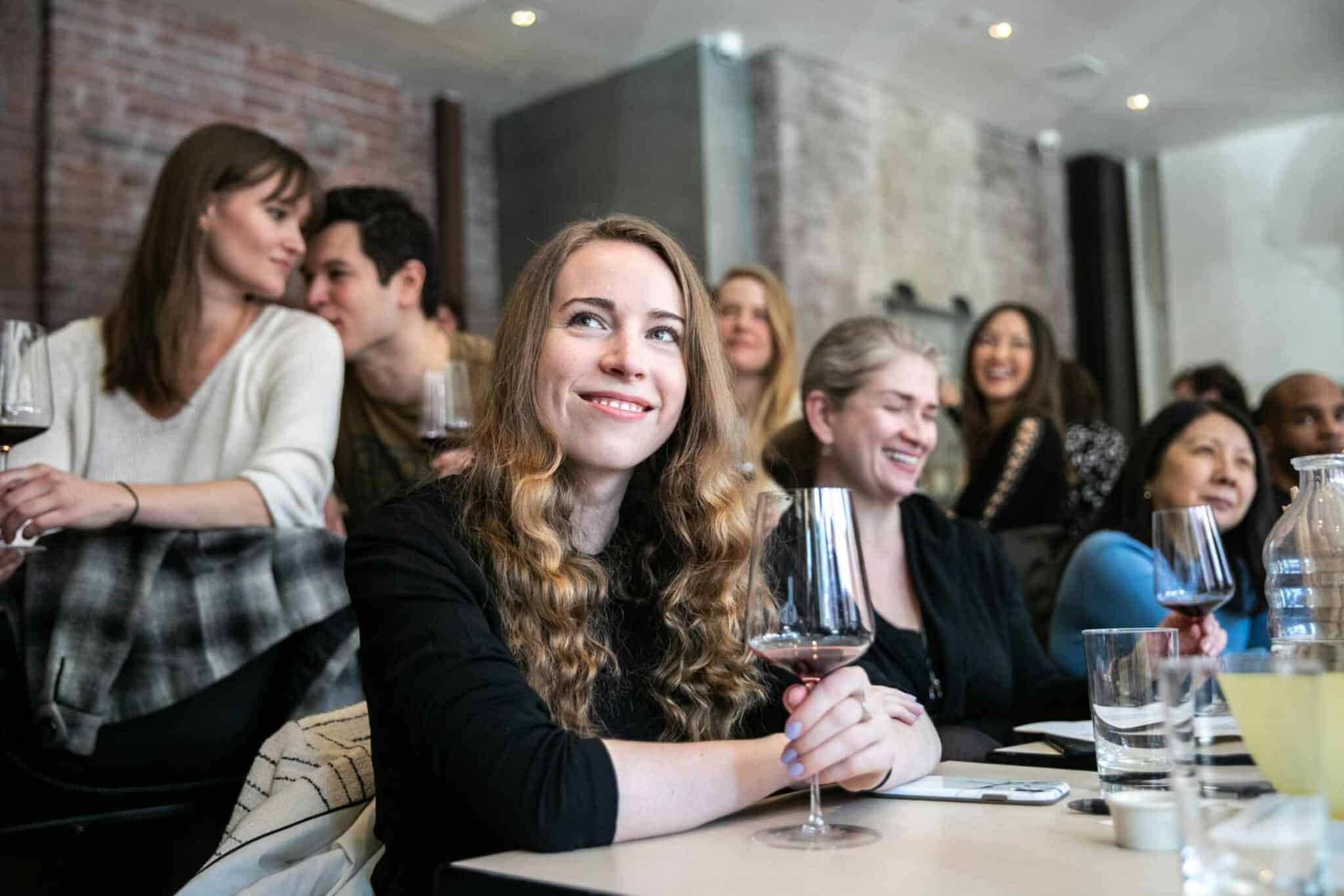
Taking a wine class is an excellent option if you’ve always wanted to become a true-blooded connoisseur. These classes offer many opportunities to discover wines. You can take formal certification courses from prestigious institutions or informal lessons from wineries, organizations, or community colleges.
Even if you don’t plan to enter the wine industry, these classes can be worth it. It can fuel your passion and help you deepen your appreciation for wines. You can also meet new people and learn from experts.
The following are institutions that offer courses and classes about wine:
If you’re aiming to become a certified wine educator or specialist, you may take up professional courses from this organization. They offer self-study courses that are perfect for busy people. You can access online flashcards, prep classes, maps, and workbooks when you enroll.
People who apply as members of the wine society can get discounts on particular classes. You can exclusively learn about viticulture, regions, and other relevant information. It also has short webinars that orient the general public about what to expect from the courses.
This highly revered institution offers the Master of Sommelier certification. It’s for wine enthusiasts who want to bring their passions to the next level. This course is perfect for people who wish to become sommeliers in the future.
The organization divided the course into four stages. You reach a higher level only if you’ve mastered the previous one. Most recipients of this certification usually foray into the hospitality and beverage industry. Some become wine educators or import and distribution consultants.
The WSET courses are prerequisites for the Master of Wine certification. Levels one to three require 30 hours of education. These are perfect for hobbyists seeking to gain more profound knowledge.
Meanwhile, the last level entails attendance in onsite classes. The Diploma track’s fourth level calls for more than 500 hours of sessions. Finishing this course allows you to become an expert in the field. You can nurture a career in the food and beverage industry, wine education, or the business sector.
Conclusion
How do you turn a hobby into a passion? You discover how to learn about wine. The digital age brings many options for exploring and learning about this beloved beverage.
Meanwhile, studying online and meeting people who are as passionate as you are accessible. You can also level up your learning by visiting wineries and joining classes.

George Moore, co-founder of Wine Flavor Guru, is a charismatic entrepreneur with a rich background in California’s wine industry. Alongside Sylvia, he transformed a Sonoma County vineyard into a source of premium wines. George’s expertise in sourcing exceptional grapes and his approachable style make wine appreciation both accessible and engaging.
